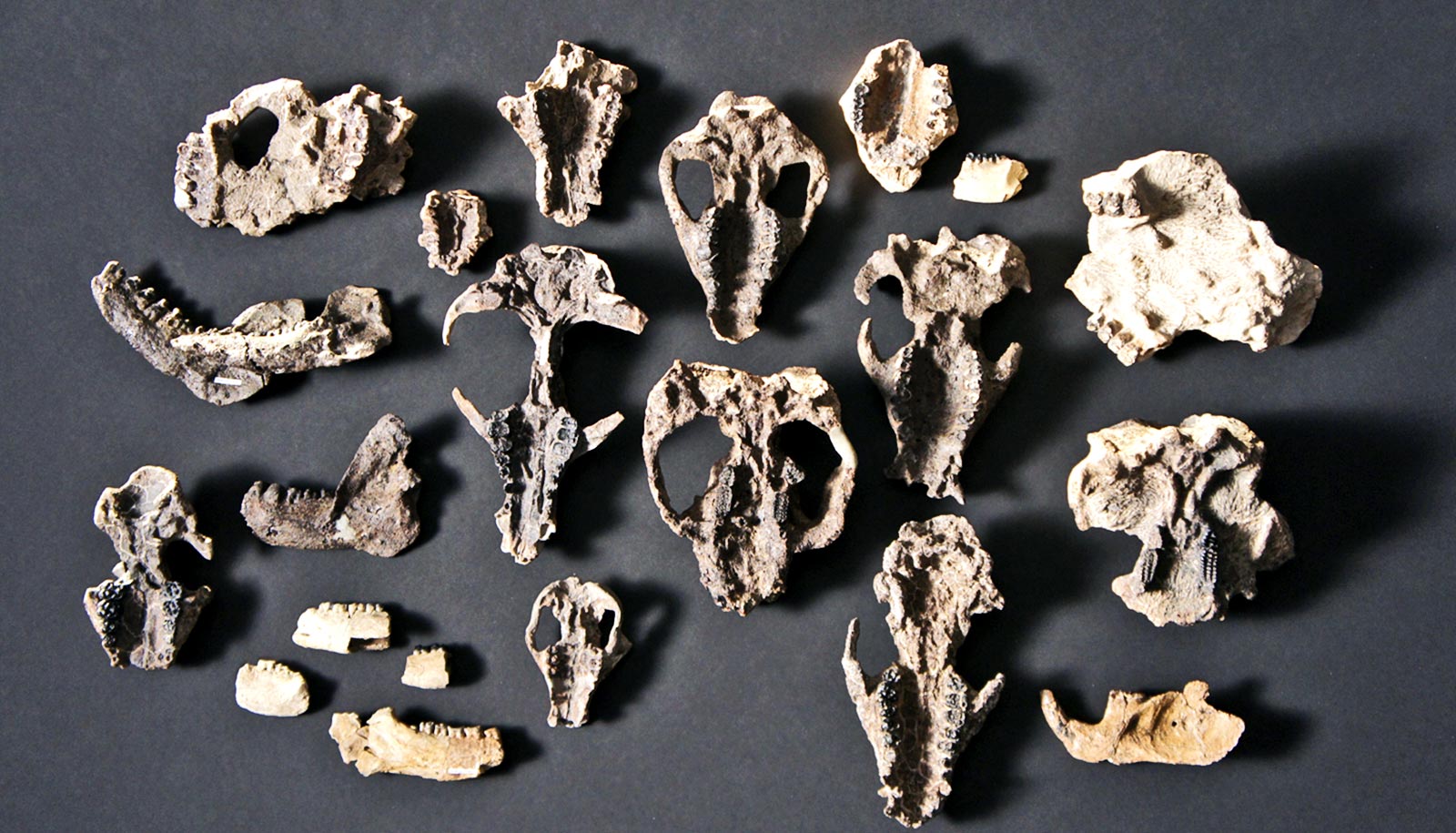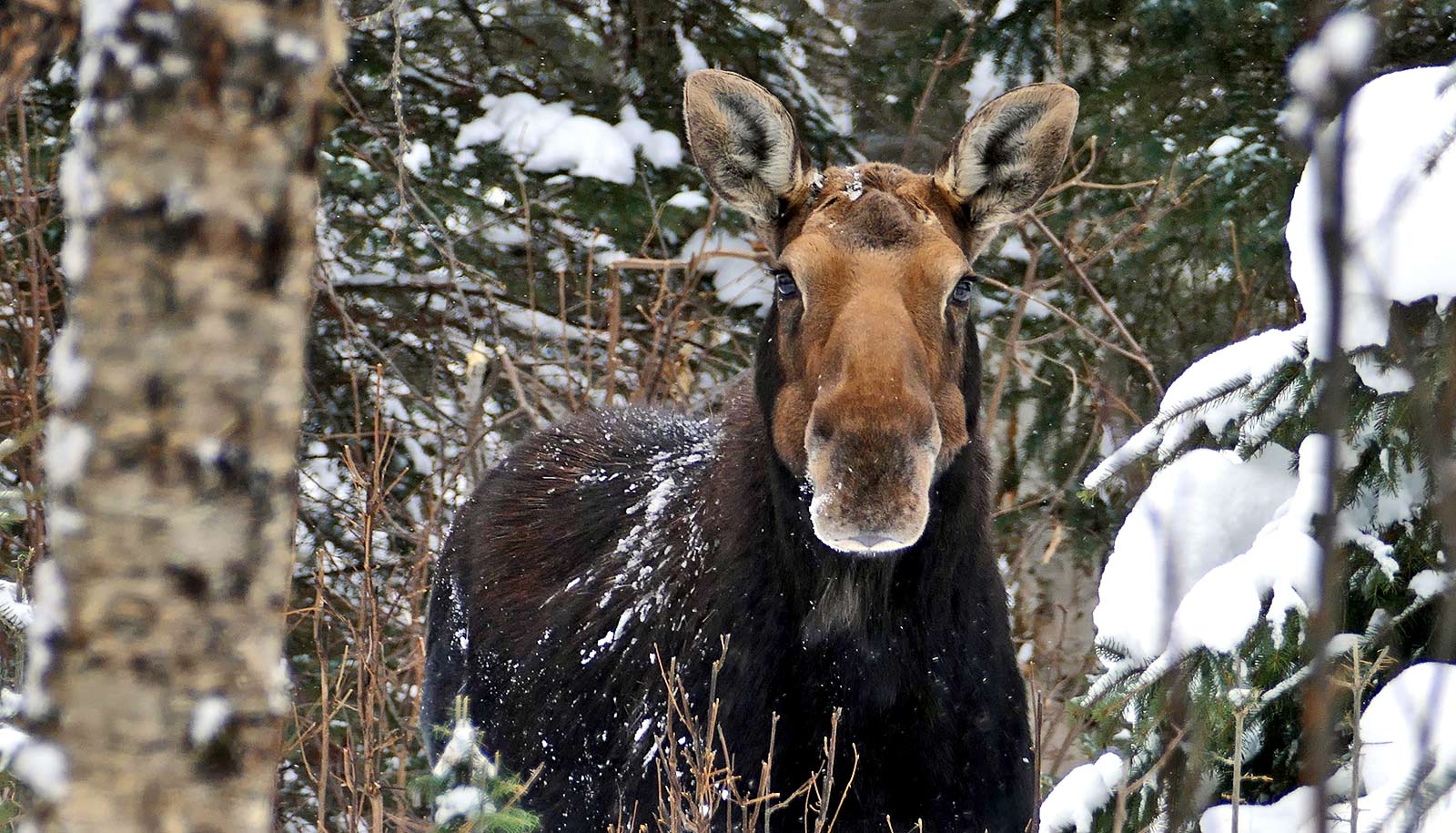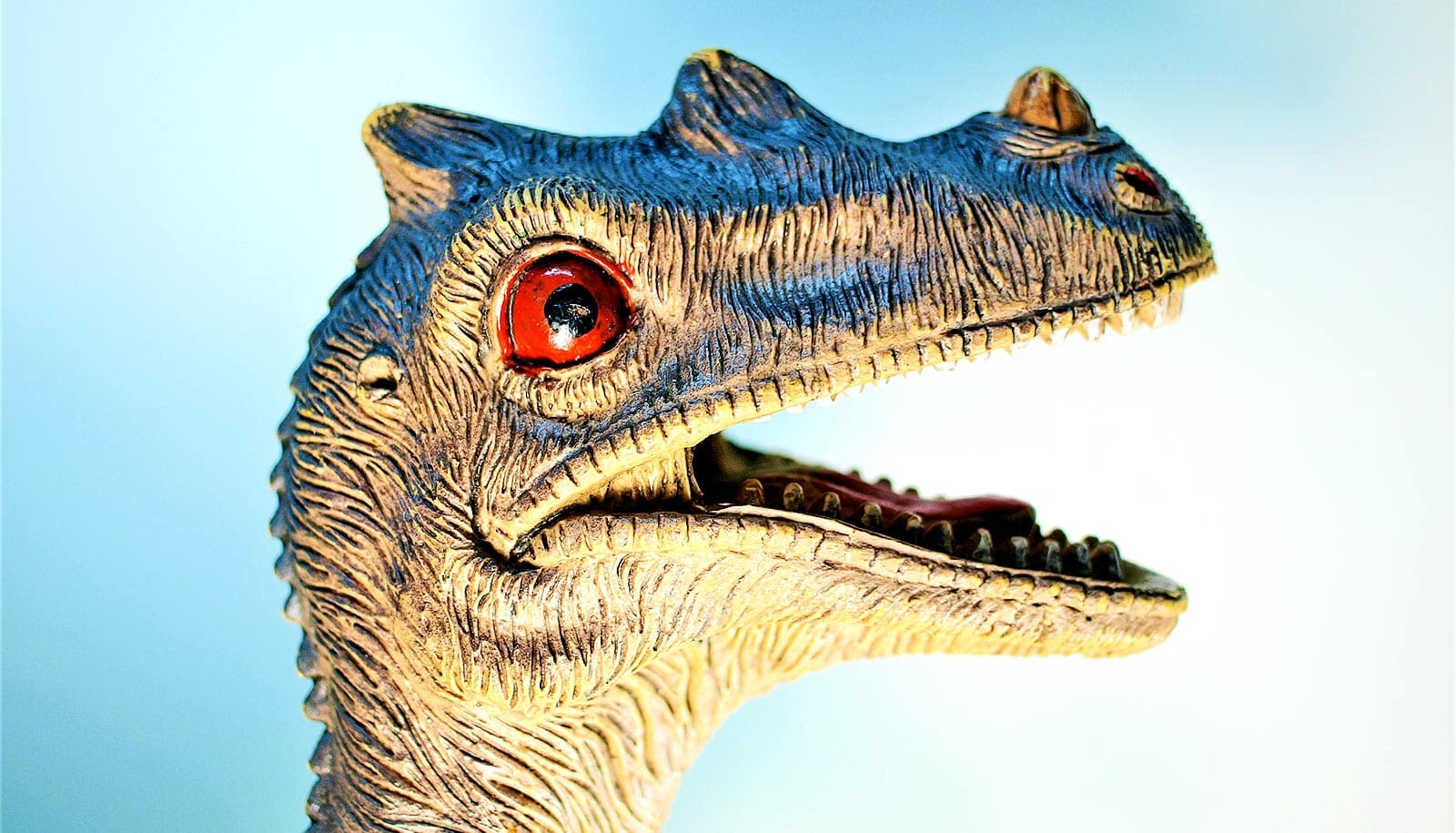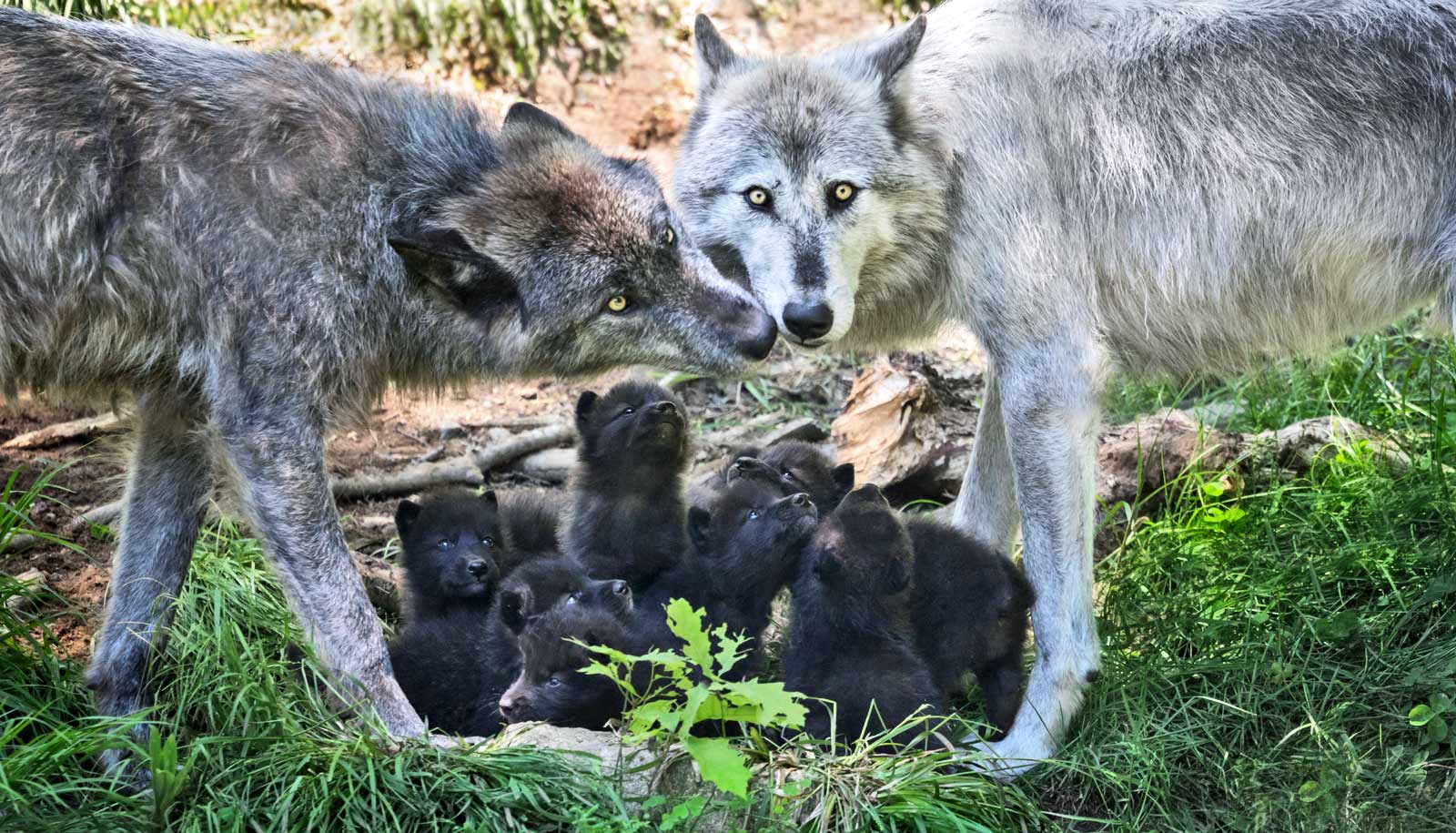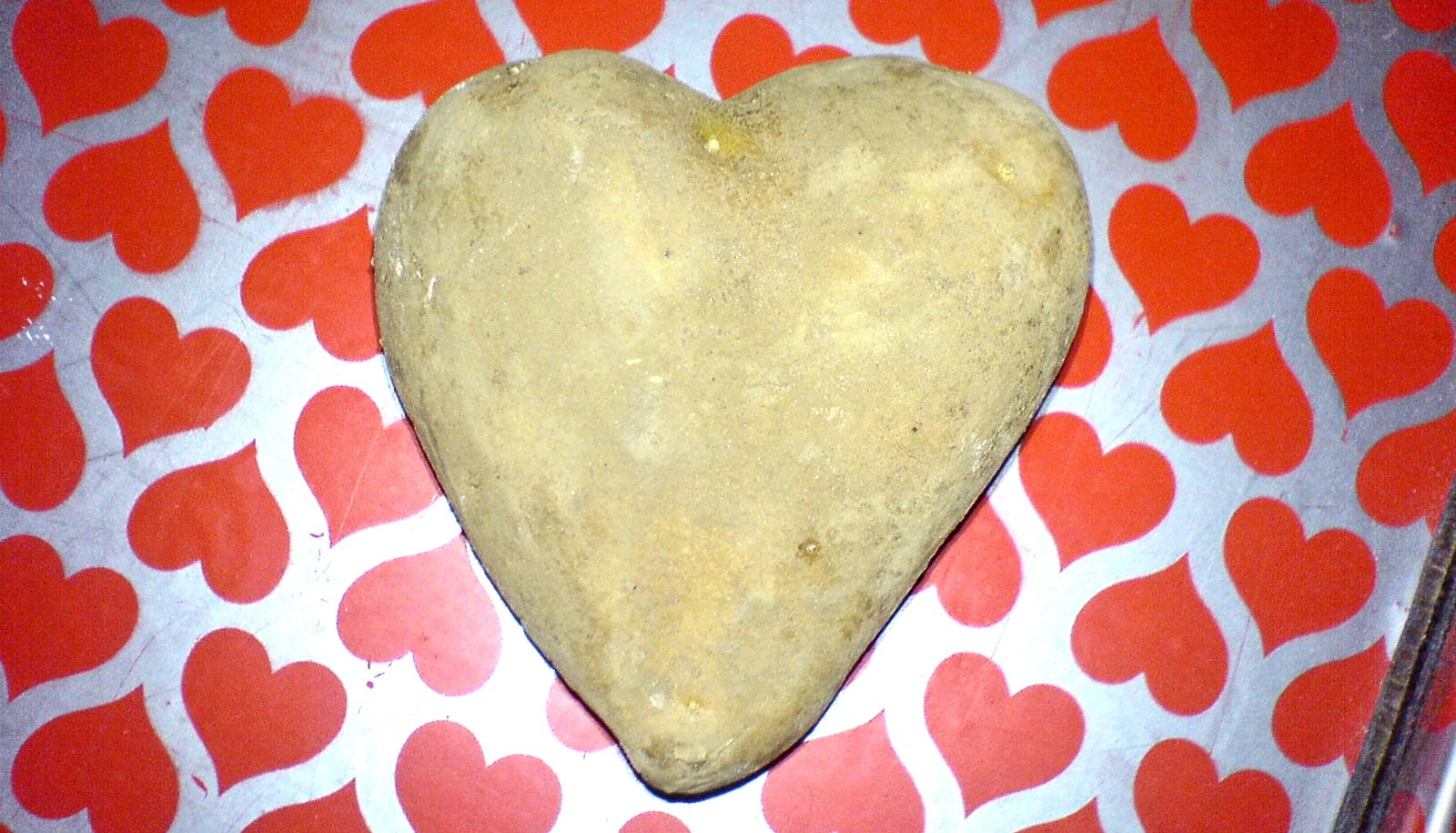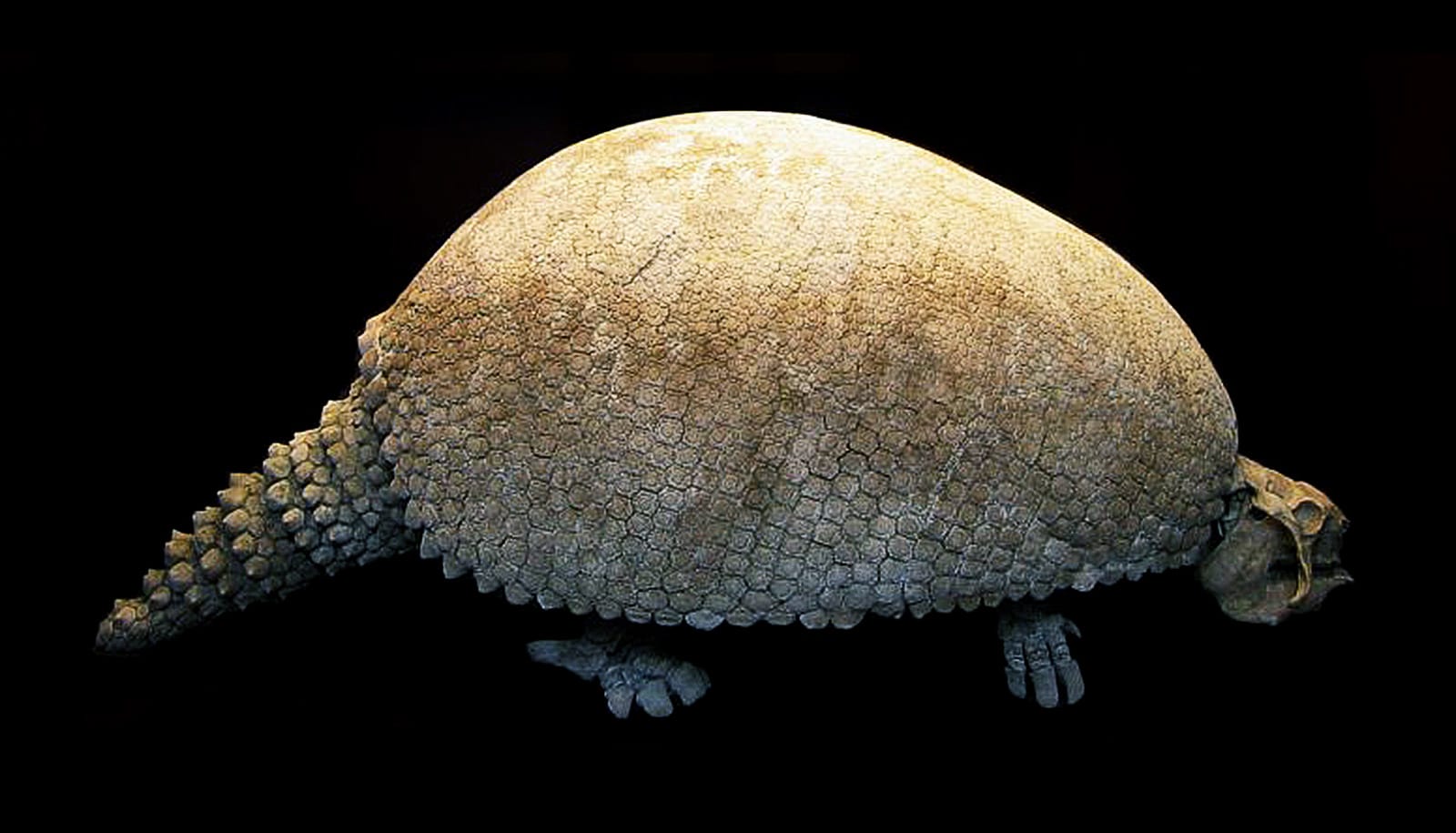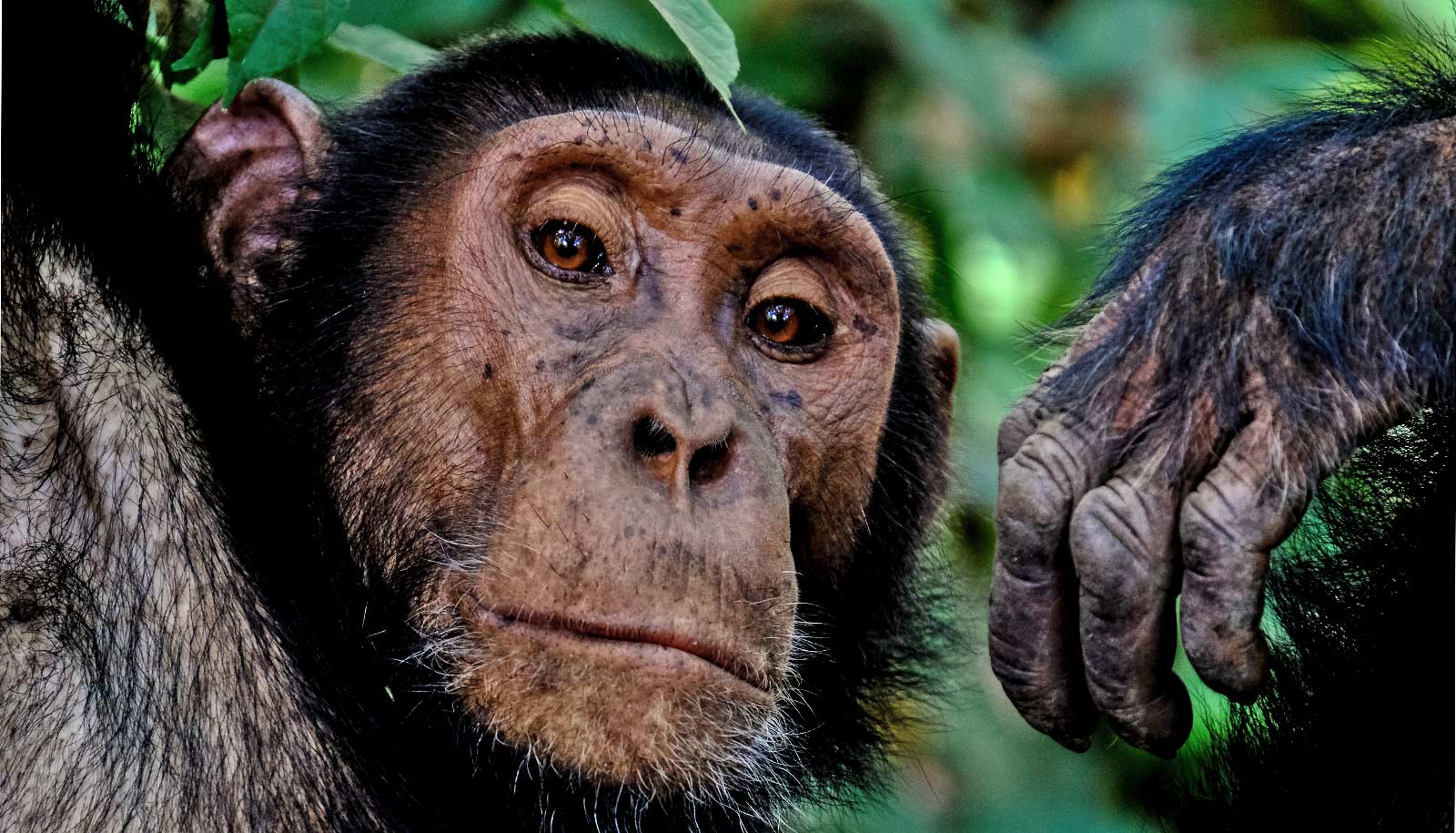Theory that ridged skin helps dolphins debunked
New study debunks long-held theory that dolphins had ridged skin, which helped them swim faster.
Clea Simon
• harvard
July 18, 2019 • ~6 min
July 18, 2019 • ~6 min
Species ‘hotspots’ created by immigrant influx or evolutionary speed depending on climate
New research reveals that biodiversity ‘hotspots’ in the tropics produced new species at faster rates over the last 25 million years, but those in temperate regions are instead full of migrant species that likely sought refuge from shifting and cooling climates.
Cambridge University News •
cambridge
Feb. 6, 2019 • ~6 min
Feb. 6, 2019 • ~6 min
Harvard study models forelimbs of echidnas to shed light on evolution
Using a detailed, musculoskeletal model of an echidna forelimb, Harvard scientists are not only shedding light on how the little-studied echidna’s forelimbs work, but also opening a window into understanding how extinct mammals might have used those limbs.
Peter Reuell
• harvard
Nov. 30, 2018 • ~3 min
Nov. 30, 2018 • ~3 min
/
11

